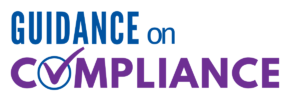Understanding PDPM and the SLP Component
For the Speech Language Pathology (SLP) component, the Patient-Driven Payment Model (PDPM) uses a number of different patient characteristics that were found to be predictive of increased SLP costs. These include identification of any diagnosis in the Acute Neurologic clinical classification and identified SLP-related comorbidities.There are twelve SLP-related comorbidities. These include aphasia, CVA, TIA or stroke, hemiplegia or hemiparesis, traumatic brain injury, tracheostomy or ventilator, laryngeal cancer, apraxia, dysphagia, ALS, oral cancers, or speech and…

